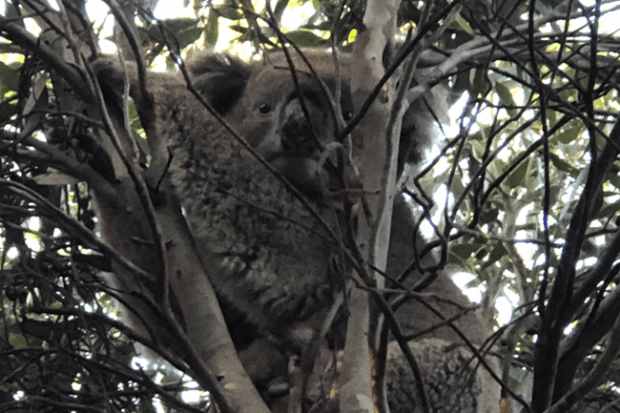Tourists are an “underutilised resource” in citizen science, with academics failing to appreciate how their interests, skills, equipment, resources and sheer numbers can enhance field research.
A literature review has found “considerable potential” in enlisting amateur enthusiasts – particularly scuba divers, surfers, fishers, birdwatchers and “snow recreationists” – to provide data for research projects in biodiversity and environmental science.
The Flinders University study found that tourists had plenty to offer as citizen scientists. They had time on their hands and were often drawn to remote areas, lured by the same features that interested researchers.
Many came armed with “high-quality underwater cameras or other technologies that could be used to capture data more efficiently and with greater accuracy”, the research team noted in the Journal of Environmental Management.
The Flinders team analysed 45 environmental studies that used data produced by tourists. The studies covered subjects as diverse as climate change, coral reefs and threatened sharks, turtles, manta rays, lions and apes, in every continent except Antarctica.
The team found evidence that tourist-driven citizen science could yield data at scales “practically impossible to achieve via alternative means” because of cost or cross-border issues.
Such an approach could also support tourists’ “personal growth” and “development of social capital”, the analysis found. “Citizen science projects…typically attract people that already share an affinity with the natural environment.”
The paper highlights the potential of “citizen science tourism”, but also acknowledges inconsistencies and sample biases in data provided by tourists. Project designers need to “adopt mitigating strategies” against a “myriad of challenges”, it concedes.
Lead author Gareth Butler said citizen science had tended to harness volunteer and community groups of limited size. “The tourist cohort, for want of a better term, gives you this constant supply of new people…interested in things like social justice [and] environmental issues.
“We…know that tourists want authentic experiences. They want to develop connections with the places they visit. But there haven’t really been obvious opportunities for them to [support] environmental recovery and the ongoing challenges of climate change.”
A lecturer in tourism management, Dr Butler was enlisted to help Flinders scientists roll out their “Passport to Recovery” citizen science programme on Kangaroo Island, just off the South Australian coast. Projects include tracking an invasive plant root pathogen, observing native bee health and monitoring koala numbers following disastrous bushfires in early 2020.
The fires, which burned almost half of an island bigger than Mallorca, killed tens of thousands of farm animals and an unknown number of wild creatures. Research suggests that Kangaroo Island has the only koala population free of the chlamydia infections devastating the species elsewhere.
So far, almost 3,000 visitors have collected citizen science “passports” or downloaded the programme’s app. Dr Butler said that while the real test would be how many of them submitted data, early signs were encouraging.
“At this stage, there is a great deal of enthusiasm – probably more than we anticipated. I wouldn’t say I was sceptical – far from it – but I’m surprised by the level of interest.”
He said the programme’s design encouraged repeat visits, militating against the “peak and trough” pattern that often hamstrung citizen science. “Very few people want the same experience again. This…brings in a very eclectic array of projects. There’s a new incentive to go back.”
Register to continue
Why register?
- Registration is free and only takes a moment
- Once registered, you can read 3 articles a month
- Sign up for our newsletter
Subscribe
Or subscribe for unlimited access to:
- Unlimited access to news, views, insights & reviews
- Digital editions
- Digital access to THE’s university and college rankings analysis
Already registered or a current subscriber? Login








